In honor of International Women's Day, we are highlighting ground-breaking women who opened the door for others in the athletic training field in the NFL.
If you look around the NFL these days, there is one thing you will quickly notice.
The role of women has grown by leaps and bounds.
Women now have key roles as coaches, scouts, athletic trainers and officials in the league, as well as prominent roles in the decision-making process with teams.
It's come a long way from the days when females were in the minority in the male-dominated world, and the Steelers were at the forefront of women taking on a key role in the organization.
Steelers head athletic trainer John Norwig has always had a philosophy that it's not the 'best man for the position' but rather the best person for the position. That became evident in 1997 when he hired Sue Hillman to work as an athletic training intern for the team in training camp, the first female athletic trainer ever to work for an NFL team.
"Sue was a highly respected athletic trainer," said Norwig. "I think she was the first female that was the head athletic trainer for a Division I football team. Are we any different from a physician's office where you have males and females interact. Are we any different than a surgical suite where you may have a female surgeon and a male nurse. It doesn't matter. I had worked at Penn State and Vanderbilt University, and we had females that worked there, and we worked side-by-side. To me it wasn't an issue.
"It's the person that is best suited for the job. It doesn't matter about the gender. When I worked in college, there were men and women working in athletic training. Our philosophy here is all inclusive. The best person gets the job.
"It wasn't just me who made this happen with female athletic trainers here. It was people at the Steelers way above my pay grade that allowed me to make it happen. I take pride in it because I think we hire good people who represent athletic training very well. I do take pride in the fact that the Steelers were able to open that door."
Hillman's expertise continues to be sought after by professional sports teams. She was enjoying retirement when she got a message on Facebook recently asking her to work the USFL season. Before she knew it, she got a position and will be spending the spring and summer as the head athletic trainer for the Pittsburgh Maulers, working in Canton, Ohio where the Maulers home field is Tom Benson Hall of Fame Stadium.
Hillman had to take the athletic training national exam again, passing easily, and is excited to be back in the mix of things.
"I've been blessed throughout my life," said Hillman of the latest opportunity. "And I can't thank the Lord enough for all he's done for me."
Hillman began her career in athletic training at the University of Purdue after her athletic career was cut short due to a knee injury.
"It was actually a situation where I injured my knee," recalled Hillman. "It was about 1974 and I was at Purdue University. And in my rehab, I had to go to the physical therapy department. I met (legendary athletic trainer) 'Pinky' Newell' and I loved what he did and how he handled the various patients that came into physical therapy. And I told him I wanted to do what he does.
"There was a female physical therapist, but no athletic training women. In about 1975 Purdue hired their first female athletic trainer. My first year I volunteered with the physical therapy department, and the second year I was able to volunteer with the newly named women's athletic trainer."
Hillman had recently resigned as head athletic trainer at the University of Arizona, where in 1982 she was hired as the first female to ever hold that position, when she got a call from the Steelers.
"It was kind of a funny path because Rick Burkholder, who was an assistant at Pittsburgh, was an assistant for me at University of Arizona," said Hillman. "When he left the University of Arizona and went to Pittsburgh Steelers, we kept in touch. When I resigned my position as head athletic trainer at University of Arizona, Rick called me and said, now that you don't have to work Wildcat football will come and work Pittsburgh Steelers football.
"That was the start of my NFL experience."
Hillman fit right in with the black and gold, never looked at as a 'woman' in the training room but rather an athletic trainer.
"I came in, I was probably late thirties and most of the other interns were twenties, so I didn't have to feel my way around to earn my oats," said Hillman. "Most of the athletes gave me an immediate level of respect. I was able to fit in the team very quickly and easily. I was the first female named as head athletic trainer in Division I college. I had suffered through about 13 years of that, breaking the glass ceiling, if you will. I had all that behind me and this was just another part of life. For me, it wasn't difficult at all.
"When I was at camp with the Steelers, John talked to me about working the World League. He started talking about it. It turned out while I was still at camp, I was offered a position with one of the teams. One of the fellas I was working with was an intern at Steelers camp and became my assistant at the Pittsburgh Steelers.
"I can't say enough about the Pittsburgh Steelers, Mr. Rooney, John and Rick, everybody in the Pittsburgh organization has been fantastic. There is so much love in the Pittsburgh Steelers organization, that's why they're so successful, because players love the administration, administration loves the players. everybody gets along so fantastically, and they work together well. I always felt welcome and respected. Pittsburgh."
Sue Hillman, Ariko Iso and Sonia Ruef have paved the way for others in the athletic training field

Sue Hillman
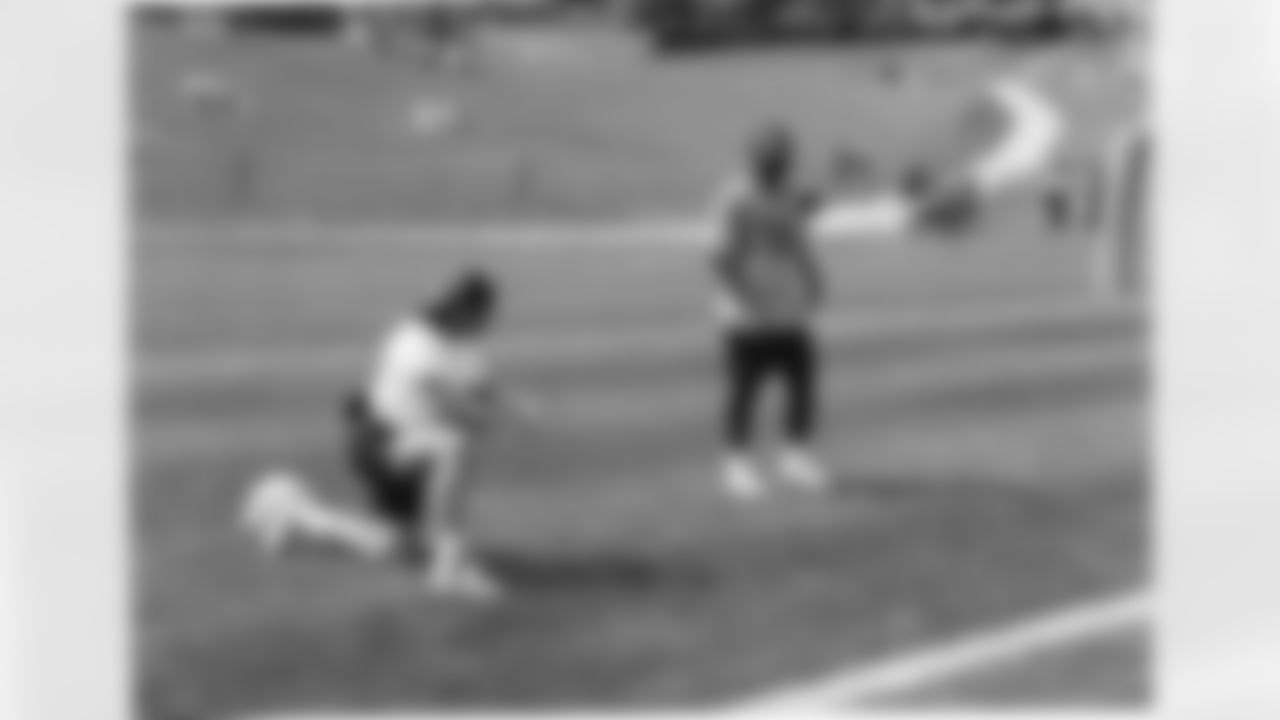
Sue Hillman
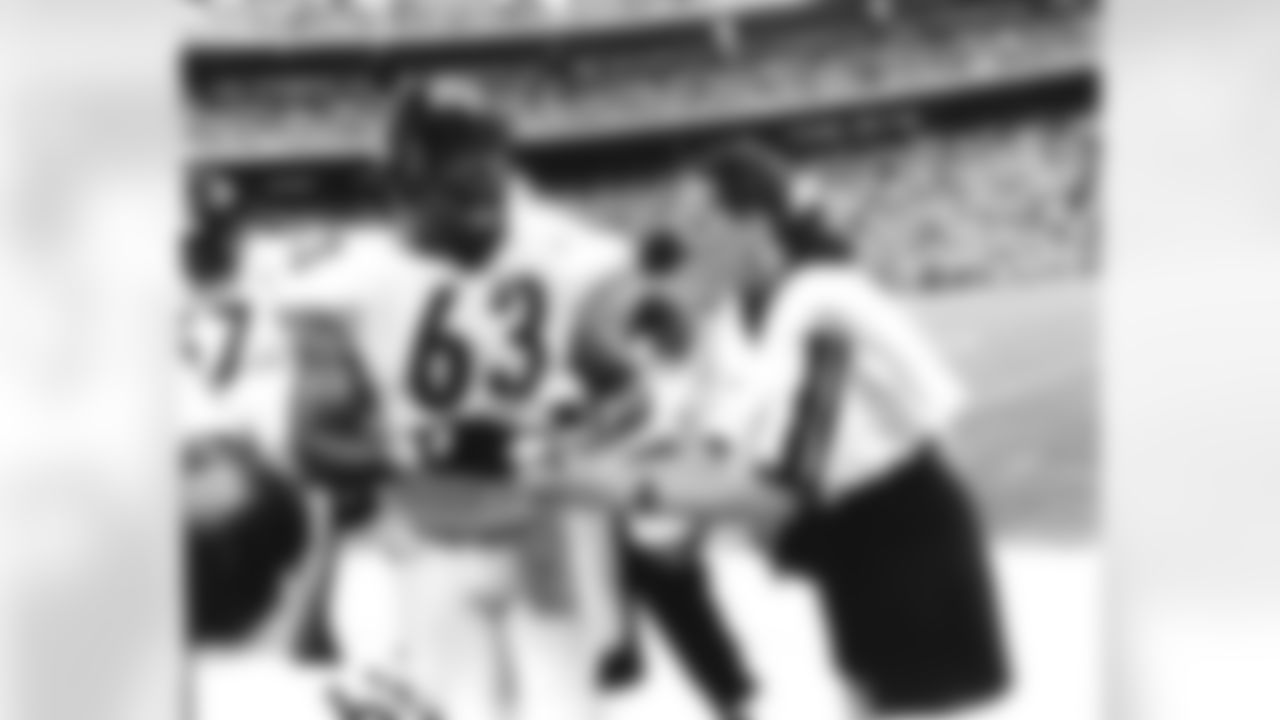
Sue Hillman

Sue Hillman

Sue Hillman

Sue Hillman

Ariko Iso
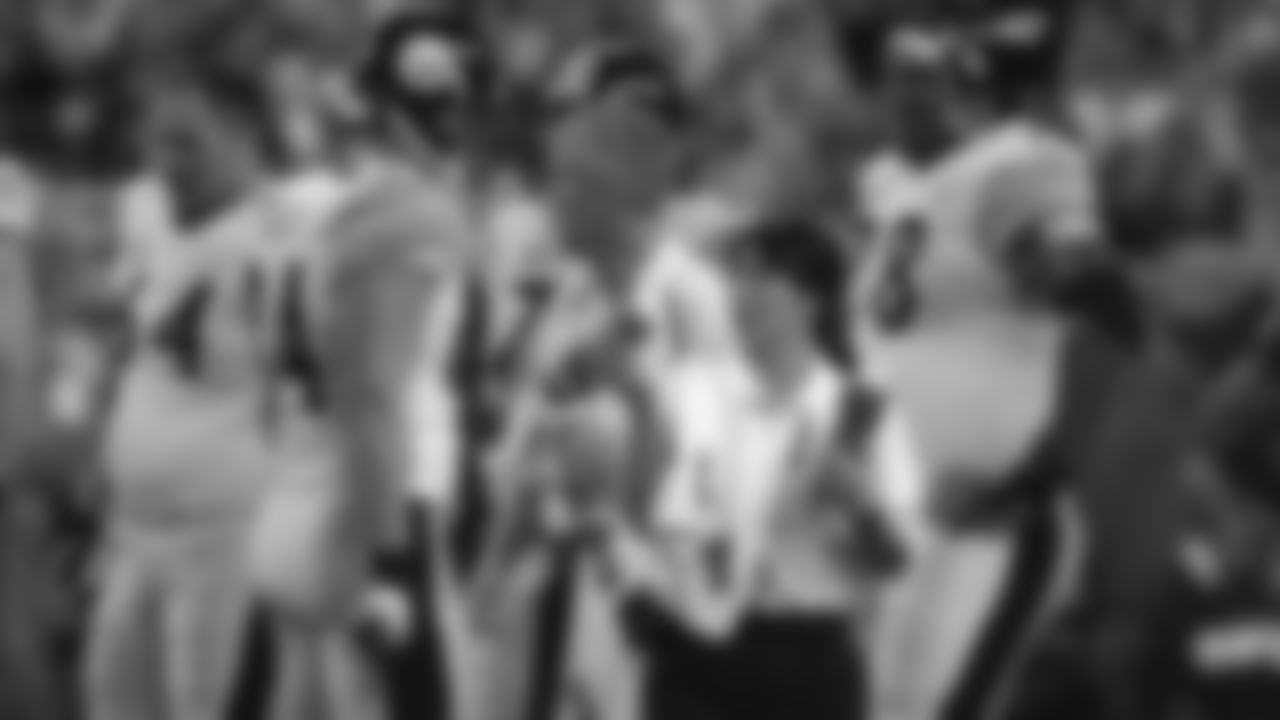
Ariko Iso

Ariko Iso
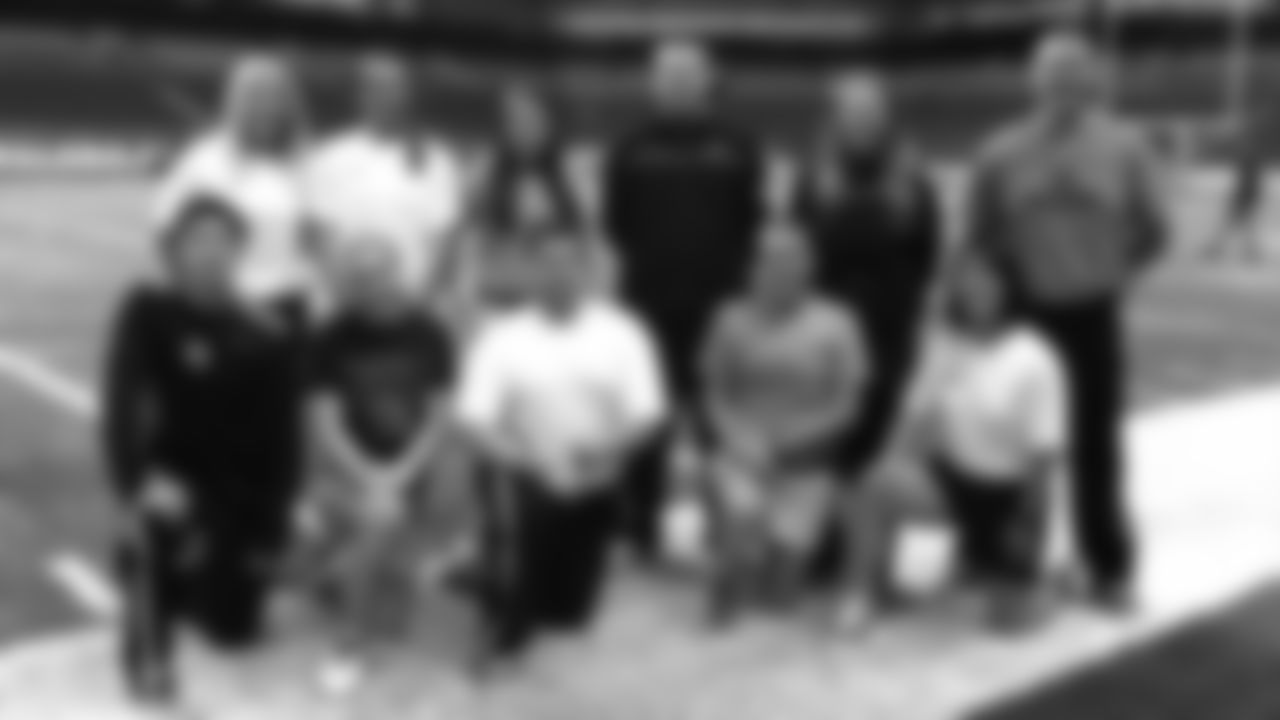
Ariko Iso
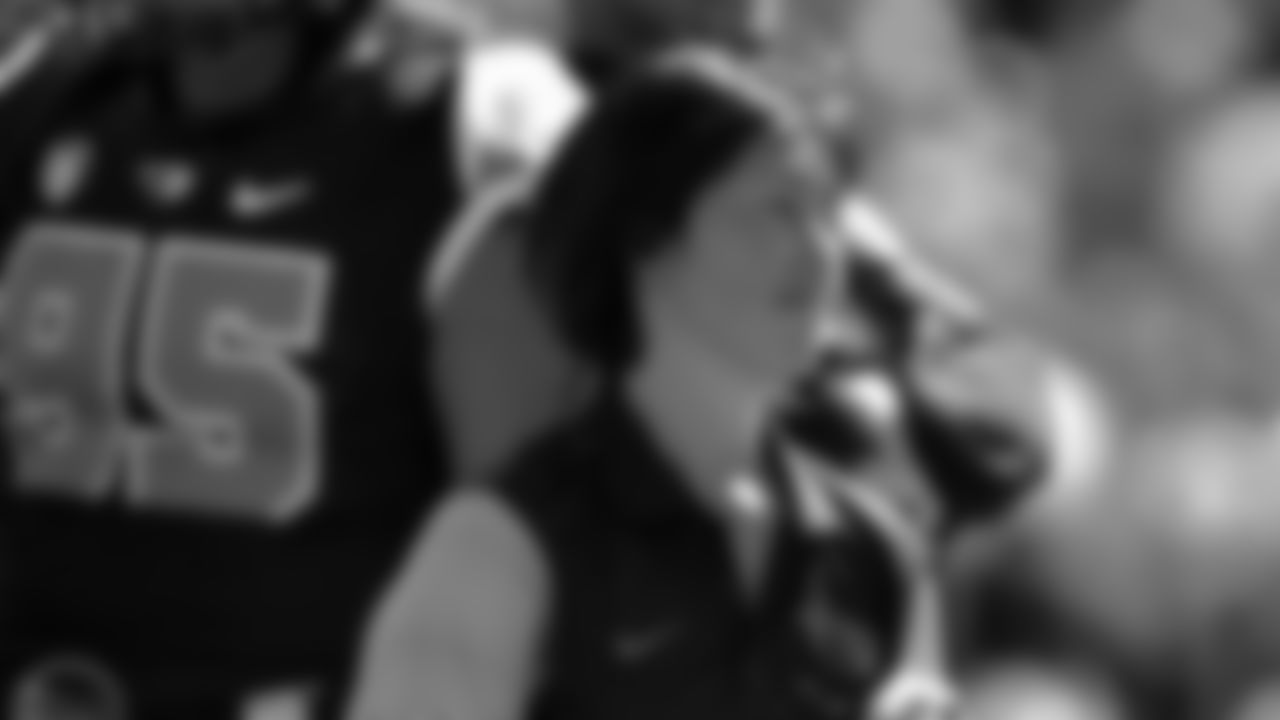
Ariko Iso
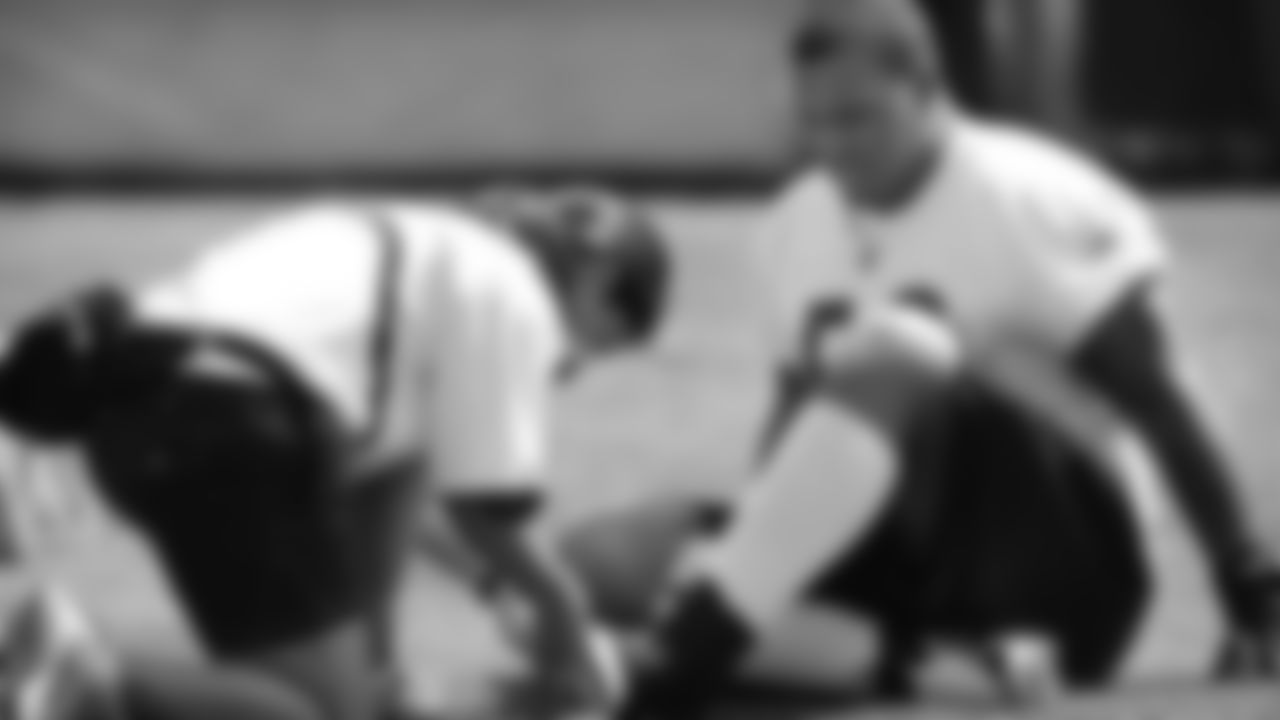
Ariko Iso
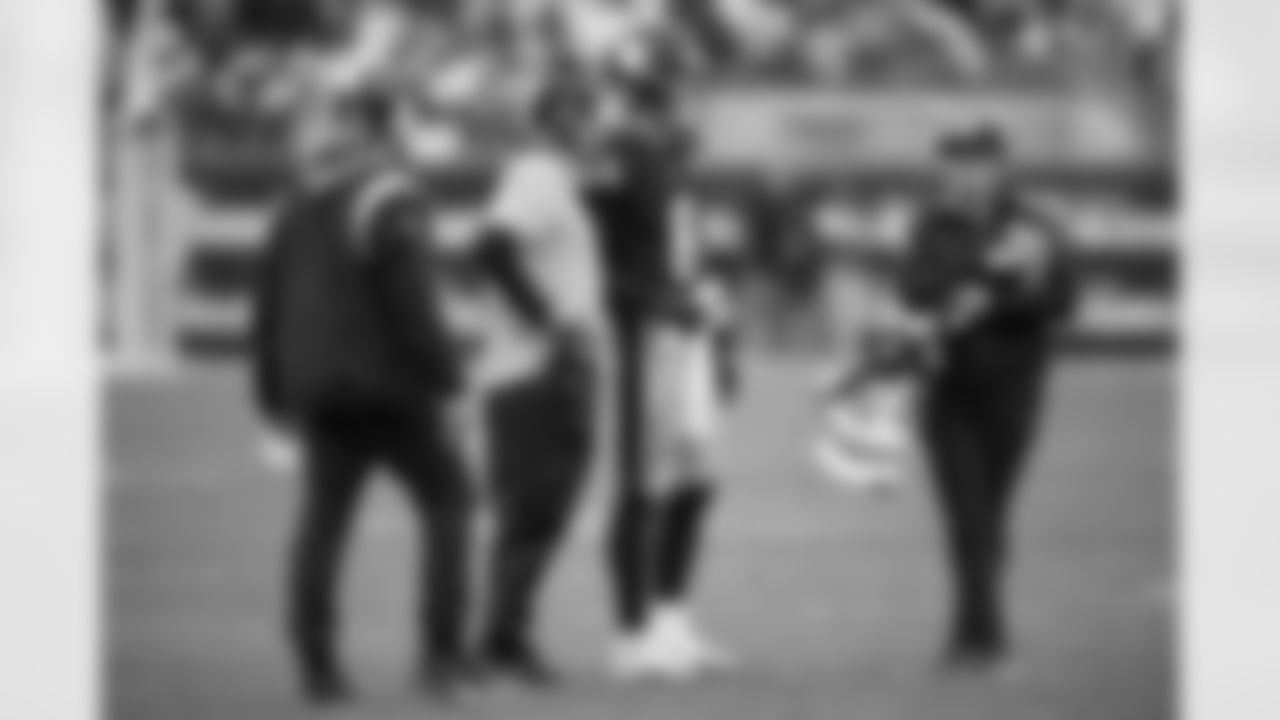
Sonia Ruef

Sonia Ruef

Sonia Ruef
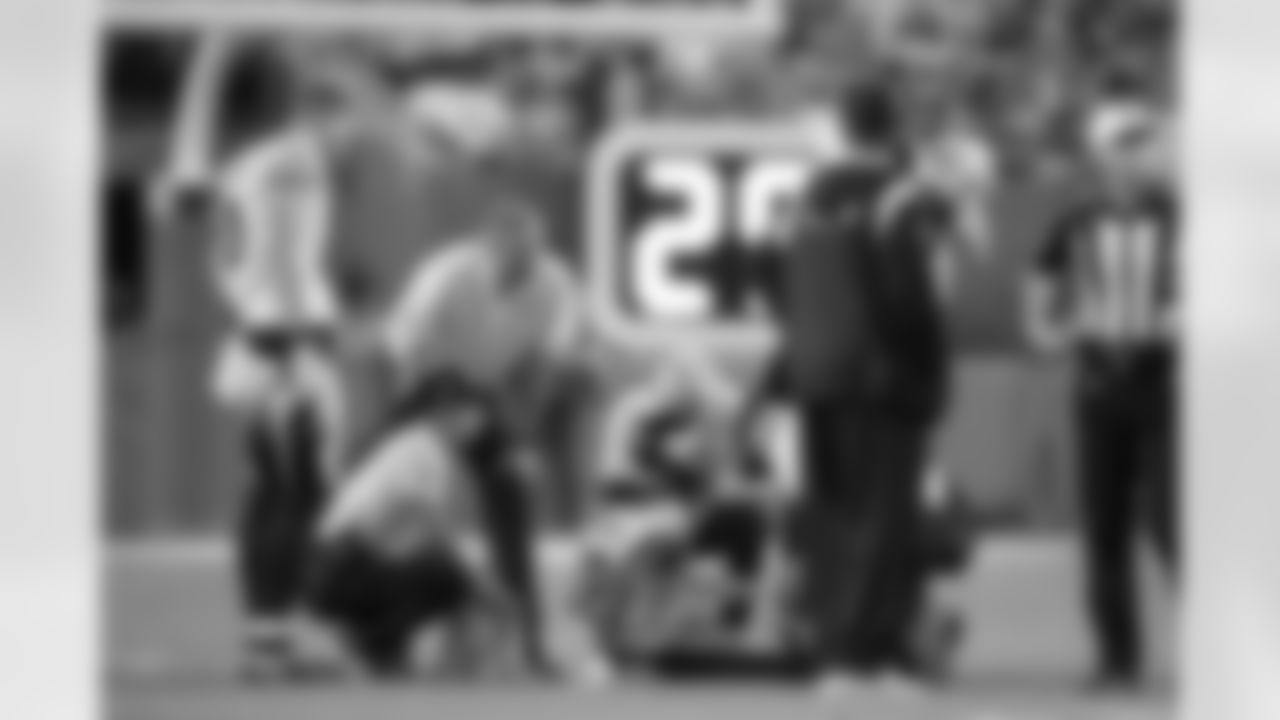
Sonia Ruef
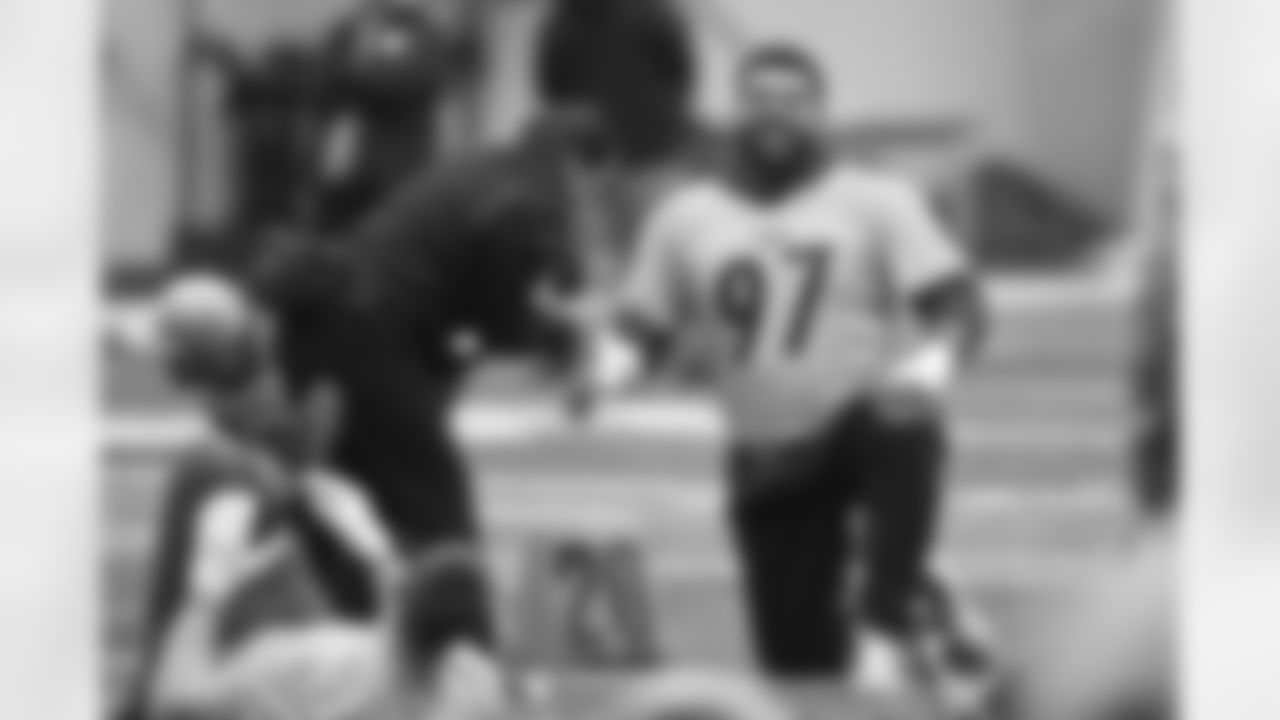
Sonia Ruef
While her time was short with the Steelers, working several training camps, she did return years later to the same place she made NFL history when she worked training camp in 2018.
"It was 19 years between the time that I worked summer camps with John in the late nineties to 2018, when he asked me to come back," said Hillman, who went on to teach athletic training and physical therapy to students. "He asked me to come back and see how things had changed and boy, had they changed. It's incredible to see how John has opened the door. John always has had a female on his staff and it's very heartwarming to see that we have broken that glass ceiling.
"Hopefully it continues to break open and disappear. I felt like there was a place. There was no problem for a female to be on a staff."
That mindset held true as the Steelers took it a step further when they hired Ariko Iso as the first full-time female athletic trainer in the NFL in 2002. Iso, who had worked as a training camp intern for the team for two years, and was at the forefront of a change in the culture that now has a female on the full-time athletic training staffs of 23 NFL teams.
"The first time being in Pennsylvania was driving to the Latrobe, the site of the training camp," said Iso, who is from Japan. "All of a sudden you see the beautiful cathedral and Saint Vincent College campus.
"I stepped into the training room and John mentioned his philosophy and how he dealt with his professional sports. He said Ariko, these people might be bigger and faster and more talented, but then you are treating them as the medical professionals. The ankle is the same ankle from Jerome Bettis to high school athletes or college athletes. So, you just do your job, same as what you've been doing.
"I did the two summer training camps and then the Steelers decided to make this position full time."
Iso was working in college sports as the associate athletic trainer for Portland State University, where she served as the head football trainer, when she got the call from the Steelers. It was an opportunity for her to continue a career that began in the same way Hillman's did, because of an injury.
"I think 99% of athletic trainers start to be in this profession after being athletes or a different degree of athletes and you injure yourself," said Iso. "And I am no exception. Growing up in Tokyo I played basketball. My junior year in high school I had a torn ACL, and I had a surgery and I got to spend two months in the hospital doing rehabbing and got to meet some collegiate athletes and physical therapists and found out about the professions. And that's how I found out about the position (at Portland State) and decided to come to United States to become an athletic trainer.
"I was working at Portland State as the head football athletic trainer, the second year out of grad school, which is fairly rare. I attended this medical seminar in San Francisco and that's when I met Mr. John Norwig the first time."
The rest, as they say, is history. Iso developed a relationship that had her with the Steelers until 2011 when she left to become the head football athletic trainer at Oregon State.
"I think the people are the biggest part and those learning experiences are priceless," said Iso. "I realized that when I left Steelers. The people, and what I learned from the people, that I would treasure this in my life. I still get approached by some of the student athletic trainers is their early 20s and they find out I used to work in the NFL and was the first female who worked full time in the NFL, which is kind of a foreign subject to them, which is good because now many females are working in the medical field to coaching, to scouting. I never really thought about the first female part as a big deal.
"I think the Steelers organization, Mr. Rooney, John and (former athletic trainer) Ryan Grove, never felt like I was the first female working in the environment. I was supported by them and protected by them. You do your job. They tried to find somebody who fits, who is best for that position. I think they're good at what they do, not just bringing in females to add diversity, but they are the right person."
When Iso left the Steelers in 2011, the right person to replace her was Sonia Ruef. At the time of her hiring, Ruef was still the only female athletic trainer in the NFL, something that held until 2014. And even today, only around half the NFL teams have a female on their athletic training staff.
Ruef is grateful to Hillman and Iso, two women she has had the opportunity to work with in different manners, for paving the way for her.
"Both Ariko and Sue, to me they are heroes," said Ruef. "They were fearless when they first started out, because many NFL teams had never hired female athletic trainers. They walked into this world and just did their job. They are both really good at what they do and that is why they succeeded in this environment. They didn't worry about the fact that they were the only woman amongst lots of men. That didn't faze them. They just did their job. They were health care workers taking care of injuries and taking care of the players."
Ruef interned with the Steelers in 2008, working with Iso then, and that was the first time she realized working in the NFL is something that might be the right path for her.
"I did my summer internship with the Steelers back when I was in graduate school. I remember coming in and I got to work under Ariko. I was blown away by Ariko," said Ruef. "She was great with everything she did. All of the players respected her. That was the first time I thought this is something I can do some day. If she can command respect in the training room like she does, and still do her job so well in a male dominated environment, I felt like this is a real possibility for me. It opened my eyes up to see that this was a possibility.
"The Steelers have always done a really good job of hiring the right person for the job. It's doesn't matter if they are male or female, what their race is. When it was my opportunity to come in and interview and accept the job offer, Sue and Ariko made it so easy for me because they already showed they could do the job well. When it was my turn to come in and do this job, there was no skepticism because the organization knew a woman could do this job well. I have Ariko and Sue to thank for that."
Iso also credits Hillman for opening the door for her in the NFL and beyond, as well as doing the same for others in the profession.
"Sue Hillman, she is the actual legend of our profession," said Iso. "She was an athletic trainer when the Title IX was barely introduced in the seventies. I respect her so much."
While Hillman appreciates comments like that, she doesn't look at herself in that 'legend' light.
"It's amazing the legacy thing," said Hillman. "I don't see it. I don't feel it. I don't live it. The former head athletic trainer at the Detroit Lions stopped me and I don't know if he read my mind, and he said Sue, I know you don't like to think you are a pioneer, but you are. You were the trailblazer, so accept it. That went a long way to teach me a little bit of history. But I don't think about it. I don't shine my nails about it. It's just part of my life."














